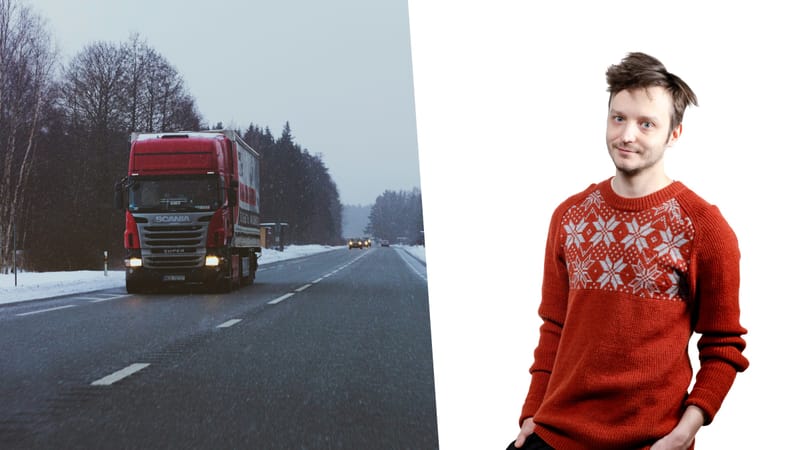Study: Climate change is paralyzing political decision-making
A new study shows that Finnish cities still cling to old ways of working, even though climate change is forcing political organizations to rethink themselves from the ground up.

The new study argues that climate change challenges the very purpose, tasks, and relevance of political organizations. Instead of reforming their governance, however, cities tend to defend existing processes and routines.
In his dissertation at Tampere University, Tapio Reinekoski studied how five Finnish cities are preparing for climate change, focusing on the work of their environmental and climate units. A key part of the research were scenario exercises that illustrated how difficult it is to govern climate change over time. Crises are immediate, overlapping, and interconnected, with consequences that stretch far into the future.
Despite strong expertise and ambitious climate goals, cities often sideline the issue. According to the study, climate work is pushed to the margins and treated as separate projects, outsourced studies, or even as material for communications. Core functions like economic planning and budgeting remain untouched.
Cities resist becoming “climate organizations”
“Cities don’t simply turn into climate organizations,” the press release notes.
“Even though climate and environmental experts clearly see change as inevitable – and politicians can imagine the global transformation of living conditions – these insights are shut out of day-to-day politics,” Reinekoski says.
That leaves experts carrying most of the weight. The study describes how they face constant disruptions, repeated restarts, and organizational inertia in trying to get climate issues onto the wider city agenda.
“In practice, the destructive effects of climate change and uncertain future horizons are reduced to problem-solving in a kind of never-ending present. Short-term thinking is not surprising on its own – but what is striking is that even in a setting designed to break free of it, the political toolkit still couldn’t respond to an obviously escalating future crisis. That future is simply not allowed to burden politics in the here and now,” Reinekoski concludes.





